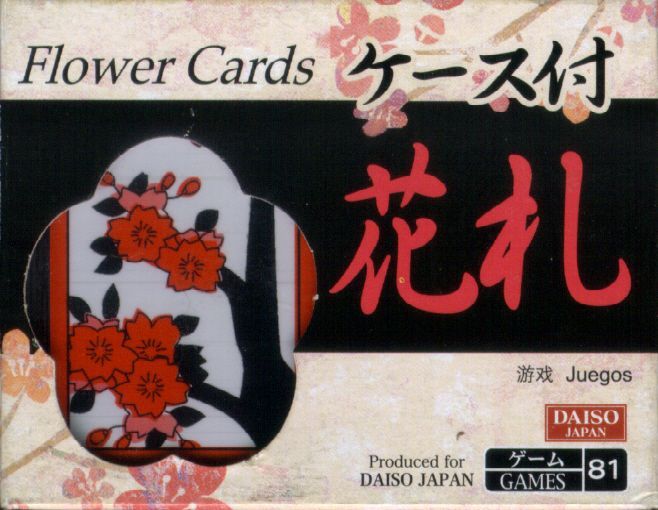Hanafuda (1701) Board Game
Hanafuda is a traditional Japanese card game that dates back to the 18th century. It was originally played with a deck of cards that featured flower and plant designs, hence the name “Hanafuda” which means “flower cards” in Japanese. The game has since evolved and been adapted into various versions, including the Hanafuda board game.
Game Components of Hanafuda
How To Setup Hanafuda
To set up Hanafuda, players first agree on the number of rounds to play, which can represent a full year (12 rounds), half a year (6 rounds), or a season (3 rounds). The dealer is determined by drawing cards; the player with the earliest month becomes the dealer. The dealer then deals 8 cards to each player and places another 8 cards in the middle of the table, known as the “field”.
Gameplay Mechanics and Game Objective
Player Experience
Playing Hanafuda is a strategic and socially engaging experience. The game requires players to balance the risk of aiming for higher scores against the risk of losing points if they fail to complete sets. The dynamic of deciding whether to push for more points or play it safe adds a layer of tension and excitement. The game also involves a significant amount of social interaction, as players must pay close attention to their opponents’ moves and adjust their strategy accordingly.
Pros
Cons
Personal Thoughts on Hanafuda
Hanafuda is a game that caters to those who enjoy strategic card games with a historical twist. It is ideal for players who appreciate the nuances of traditional games and are willing to invest time in learning the rules and strategies. The game also holds a special place for fans of Nintendo, given its connection to the company’s origins. Overall, Hanafuda is a unique and engaging game that offers a rich gaming experience for those who delve into it.
We are supported by our audience. When you purchase through links on our site, we may earn an affiliate commission, at no extra cost for you. Learn more.

